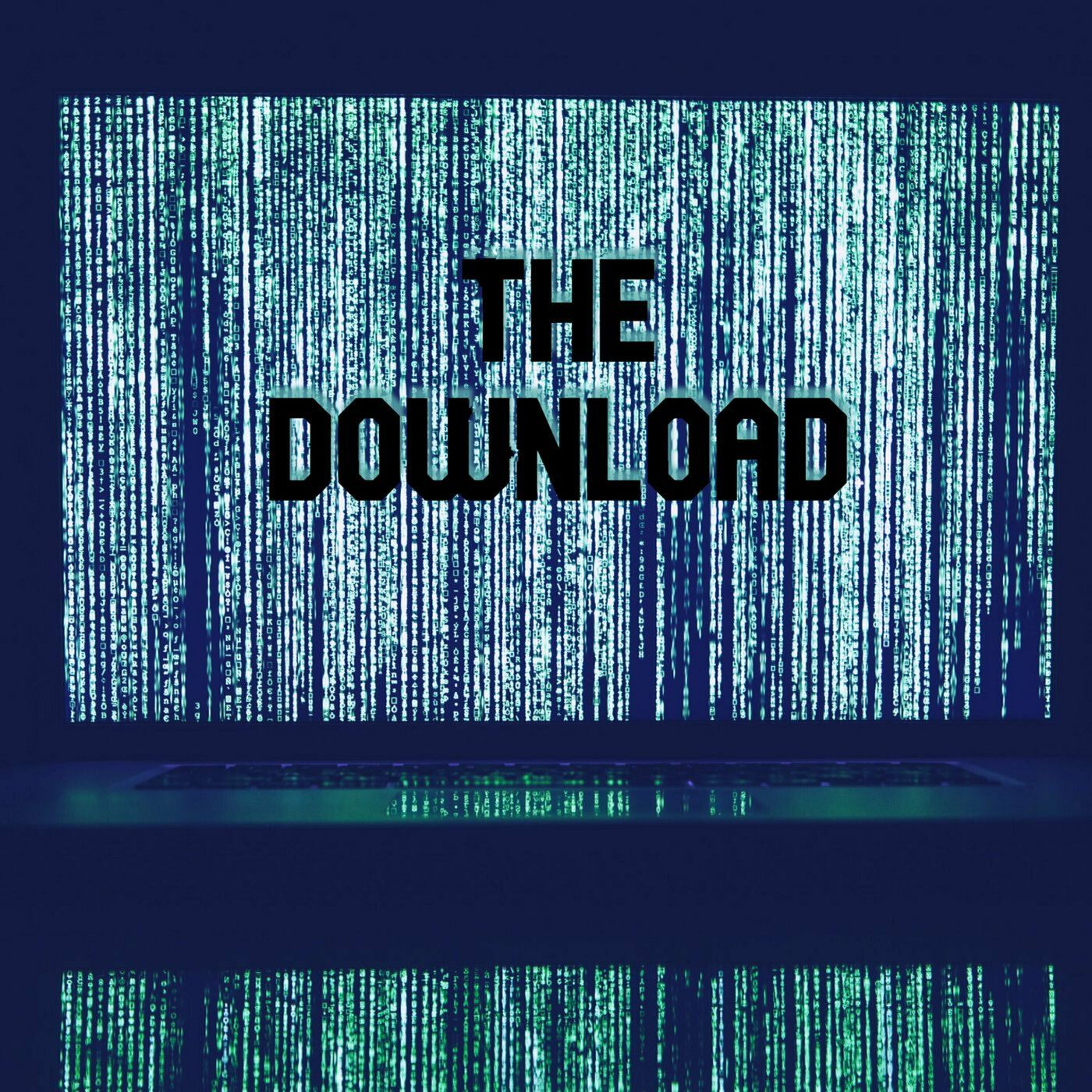Podcast Episode Details
Back to Podcast Episodes
The Download: Week of 12/31/21
Episode 3
This is The Download, the most important business news from the world of podcasting, I'm Bryan Barletta.
And I'm Evo Terra. Today, why premium content won't kill advertising-supported podcasts, Facebook podcast activity is over-inflated, Section 230 under fire, and why the "average" podcast consumer is a myth you need to move away from. Let's get started.
With Coca-Cola picking WPP to handle their nearly $4 billion in yearly ad spend, https://www.businessinsider.com/biggest-advertising-accounts-up-for-grabs-right-now-2021-2, from Nike to CVS Health. Their list, including Coca-Cola, covers over $7.5 billion in ad spend for next year.New agencies means new strategies. And new strategies include testing new channels, which is how many of these brands view podcasting. Podcast publishers and agencies will be the resources that enable these larger agencies and brands to buy direct podcasting ads at scale, while the adtech companies will further enable programmatic offerings directly in their tools of choice.https://www.mediapost.com/publications/article/369669/the-great-app-advertising-exodus-or-not.html, where advertisers—specifically in-app advertisers—are shifting away from ad revenue with a newfound focus on subscription revenue, particularly in a post-ATT world, or Apple Tracking Transparency.Quoting from the article:"[C]onsumers have already taken on vastly higher costs of premium media subscriptions -- especially subscription video-on-demand and music services -- over the past several years, and there is only so much they can bear.In fact, over the past couple of decades, consumers have surpassed advertisers as the primary source of media revenues, and according to estimates from industry economic tracker PQ Media, the average American now pays close to $1,500 annually accessing media and media content. How much more can they take?"So what does this have to do with podcasting, you're probably asking. Well, with both Apple and Spotify leaning heavily into paid subscription models, and other premium services from Glow, Supercast, Acast+ and more continuing to explore premium, ad-free offerings, costs to subscribe to premium or ad-free podcast feeds eats into that annual subscription budget. Which means free, ad-supported podcasts will likely remain the staple of podcast listening behavior for the foreseeable future.https://www.bloomberg.com/news/articles/2021-12-22/amazon-s-voice-controlled-smart-speaker-alexa-can-t-hold-customer-interest-docsConsidering Amazon employs 10,000 people to work on Alexa and is attempting to move from a $5 loss per device sold in 2018 to a $2 per-unit profit by 2028, things might seem grim. But as an indicator of innovation from the overall audio space, it’s incredibly encouraging.Amazon previously reported that 25% of US households currently have at least one Alexa device. The primary uses of those devices is home automation, timers, and playing music and podcasts. Amazon, Apple, and Google all offer their own voice assistants through dedicated devices, phones, and more. And all three companies are increasingly active in both the podcast and music space. These devices won’t disappear anytime soon, but the rush in 2020 to build unique content specifically for smart speakers might have been a bit pre-emptive.In Podnews, https://podnews.net/article/facebook-partial-downloads—but only if the podcast hosting company isn't providing IAB-certified stats.Quoting James:"We think that when you see a podcast in your
Published on 3 years, 11 months ago